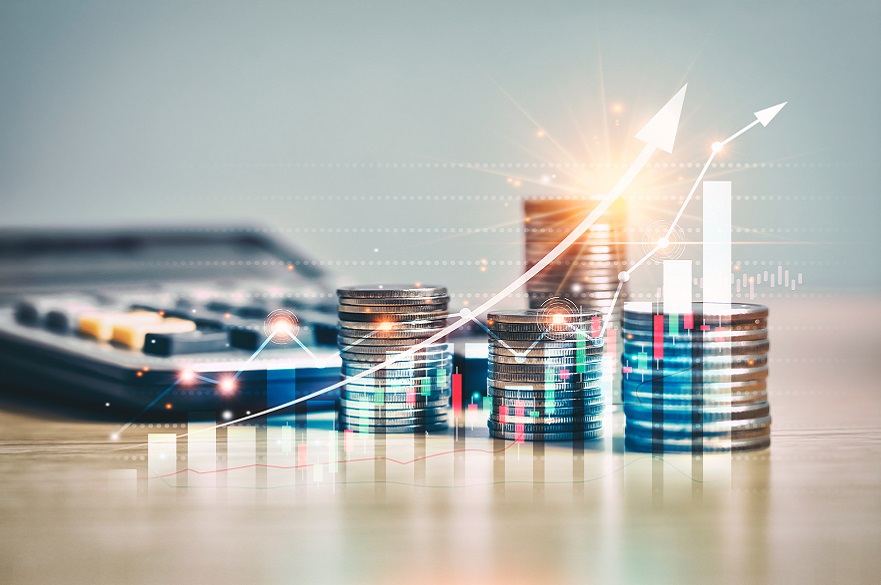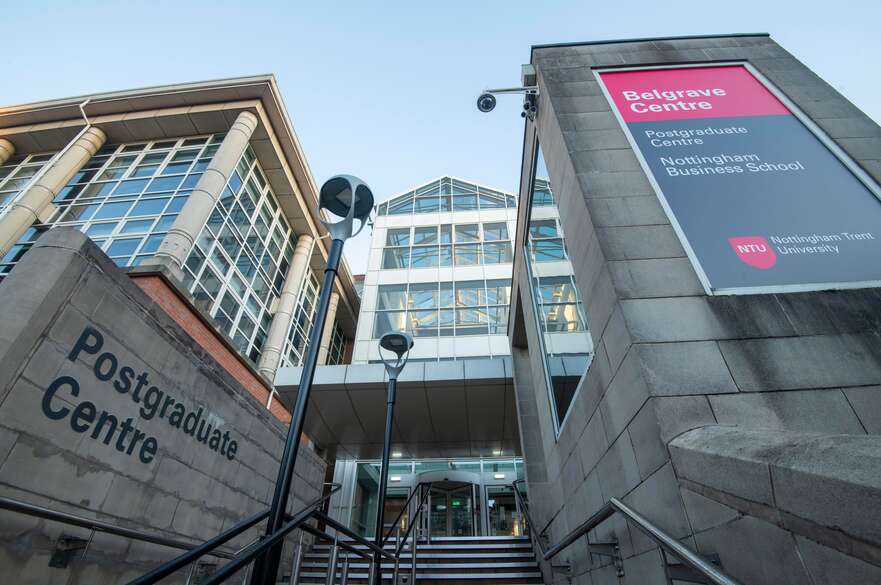Expert blog: On the irrelevance of GDP to measure economic health
By Dr Andreas Wittel, an expert in political economy

Expert blog: On the irrelevance of GDP to measure economic health
In simple terms, Gross Domestic Product (GDP) is a method to measure the amount of economic activity within a country. It measures the monetary value of the total amount of national products and services. It counts the value of all things and services that are produced and sold. This includes the incomes made by workers, the money made by businesses, and the investments made by people. How all these things are measured in detail has changed over time. It has become more finetuned but also more complicated to calculate. The higher the GDP, the more an economy is growing, and vice versa. I will explain in this blog why this equation is both, dangerous and meaningless.
One single person did not invent GDP. It is a concept that has evolved over time and has been influenced by various economists and researchers. It emerged in the early 20th century. The Great Depression of the 1930s highlighted the need for better methods to measure economic activity. The contributions of economists like William Petty and Francois Quesnay laid the groundwork for national income accounting. Perhaps the most influential economist who shaped the concept of GDP is Simon Kuznets, who presented in 1934 a report to the US Congress on the measurement of economic activity.
He emphasised the importance of considering not only market transactions but also non-market activities to provide a more comprehensive picture of economic activity. A good example of such non-market activities would be unpaid housework and childcare, or volunteering for charitable activities. The problem is of course that such no-market activity cannot be measured, as it doesn’t have a monetary value. This is not at all a trivial point. Just ask yourself, who contributes more to the economic well-being of a nation: a volunteer for a local youth football club or any employee working in those parts of the food (and drinks!) industry that contribute to the rising obesity of our children?
Robert F. Kennedy famously said that GDP measures “everything except that which makes life worthwhile”. Already in the 1930 Kuznets was well aware of the limitations of GDP. Furthermore, he was in no doubt that GDP says little about the economic well-being of a nation. However, this warning seems to have been completely forgotten. Governments, the media and the general public see GPD as exactly that, as a quasi-sacred indicator of progress and well-being. It is time to say it loud and clear: this equation of GDP with progress and economic well-being is not only wrong, it is very dangerous as it will lead us blindly into ever more environmental destruction.
Consider this: The deforestation of the Amazon in South America, whether for the sale of wood or for the beef industry contributes significantly to a rise in GDP. However, this deforestation also produces effects that severely damage the planet, such as soil degradation, the disruption of water cycles and as a result the increase in droughts, the loss of biodiversity, and climate change, to name a few. These effects are called economic externalities as they are not included in the measuring of GDP. The logical consequence: The more we humans deforest the Amazon, the better for the GDP in all those nations that are economically connected to this activity. Whatever damage we inflict on nature because we exploit nature to increase GDP is an externality, unmeasured and until recently, unnoticed. Other examples for externalities would be the sewage we allow water companies to release into rivers, lakes, and the oceans, and or extermination of insects due to the use of pesticides that create cheap food.
GDP is not only dangerous because it is incapable of measuring externalities that will lead to environmental collapse if we don’t change course rapidly, but it has also become a tool that is utterly meaningless, as it ignores income and wealth inequalities. GDP does not consider the underlying social relations in a national economy. Since the 1970s and with the beginning of global neoliberal capitalism economic inequalities have risen sharply and continuously. First, the rise was slow and steady. After the financial crisis in 2008, these inequalities have risen dramatically. After the pandemic, they have accelerated even more. We are now in a situation where the top 1% own about half of the total global wealth. It is not difficult to see that the wealth of the rich does not trickle down to the rest - a large part vanishes in tax havens and is taken out of the economic cycle of production and consumption. It is therefore completely pointless to interpret the rise in GDP of a nation with high levels of inequality as something that says anything at all about the wellbeing of the majority of the population.
From a Marxist perspective the fetishisation of GDP is dangerous because it priviledges commodities over social relations and the gifts we exchange supporting each other. Voluntary care work for family members or for communities does not increase GDP. However if this work becomes paid care work it contributes to GDP. One of the charactiistics of capitalism throughout its history is that common goods (such as land, water, or culture) are captured and turned into commodities. This is a form of theft even though it is protected by law. The most recent capture of a common good by capital happened over the last two decades with our data. Now our data - the new gold - does not belong to us any more - it belongs to social media conglomerates and has generated unimaginable wealth in the hands of very few billionaires.
We have to stop thinking that growth itself has any intrinsic value. Growth is not a value but a method to describe a process. These processes can be good or bad. Everyone would agree that the growth of cancer cells in a body is not a good thing. If we want to measure growth in an economy we have to decide first what it is that we value and appreciate in life. GDP is a dangerous distraction: it will not and cannot help us to make these decisions.
Dr Andreas Wittel is an expert in political economy from the School of Arts and Humanities
- Category: Press office; Research; School of Arts and Humanities


